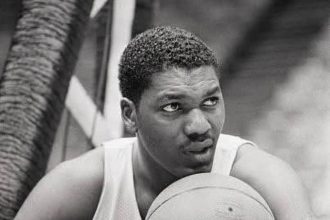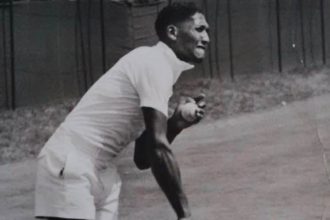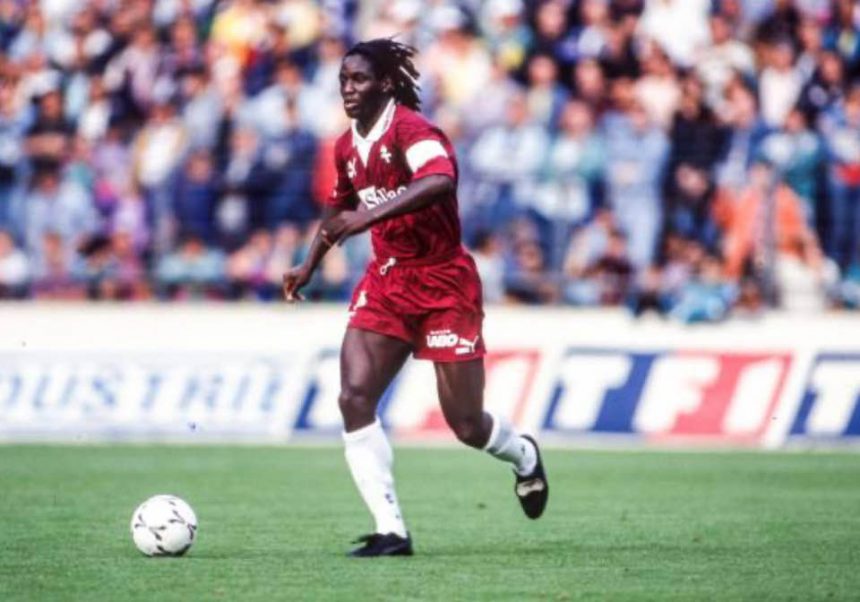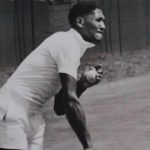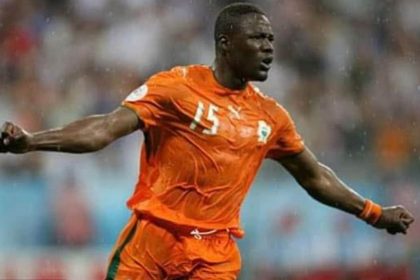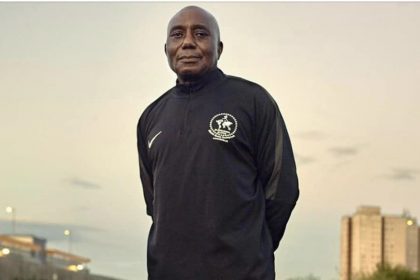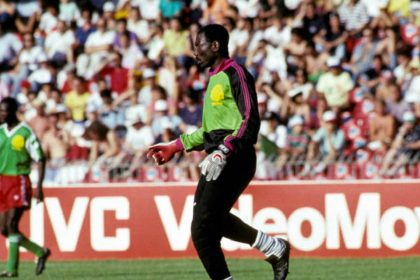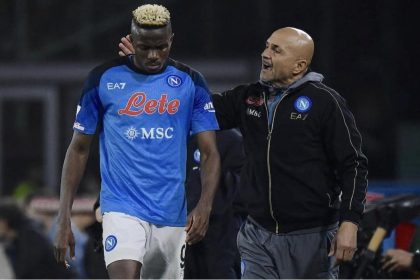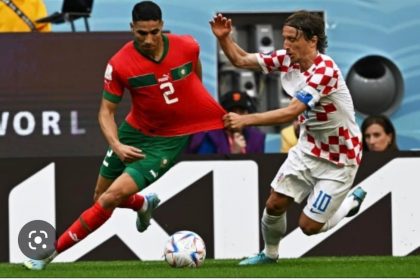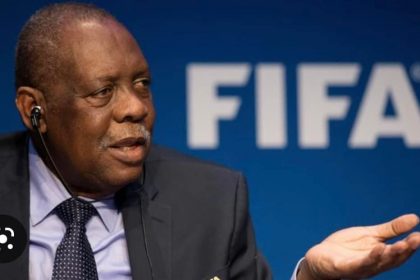Football was first introduced to Africa in the early 1860s by Europeans, due to the colonisation of Africa. Before 1900 teams were already established in South Africa, Egypt and Algeria.
Since this era African players have started representing nations that they weren’t born in.
Up until the late 20th century, it was almost exclusively African-born players representing colonizing nations.
Larbi Benbarek who became the first French footballer of international renown was born in Morocco and was capped 17 times by France. He’s the first French footballer whose transfer to a foreign side (namely his move to Atlético Madrid in 1948) was the subject of high-level negotiations.
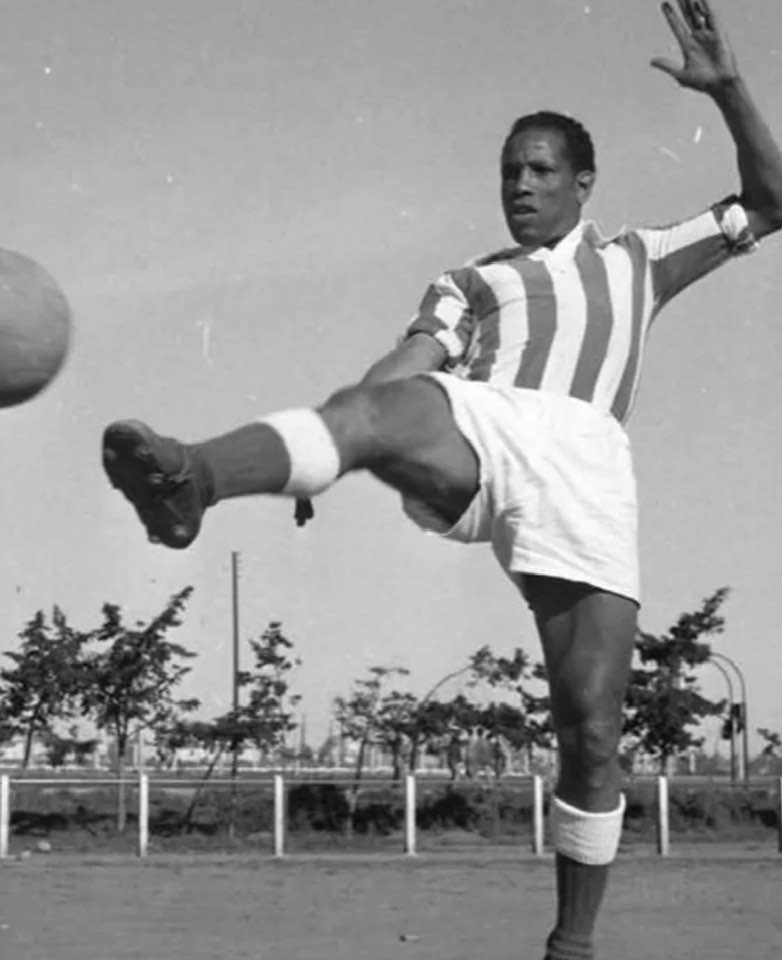
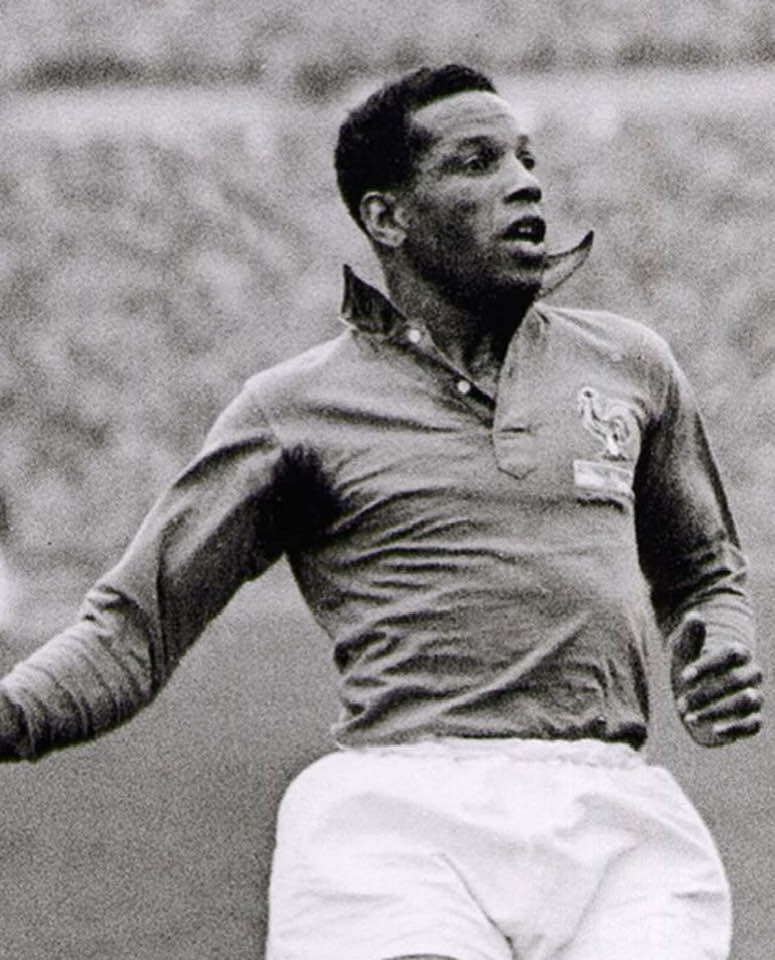
He represented the arrival of North African players to French football, and was one of the first players sought out by a French side from beyond the borders of Metropolitan France when he was signed by Marseille in 1938.
Benbarek earned the sobriquet of the “Black Pearl” due to his technique and elegance on the ball, and he’s considered one of the greatest football players of all time.
Speaking on the Moroccan player, Pelé declared: “If I am the king of football, BenBarek is the god of football.”
Ben Barek was this revered internationally that early.
Just Fontaine, who scored a record 13 goals at the 1958 World Cup for France and was named the greatest French soccer player of the second half of the 20th century by European soccer governing body UEFA was also born in Morocco, he only left Africa as a 20-year-old.
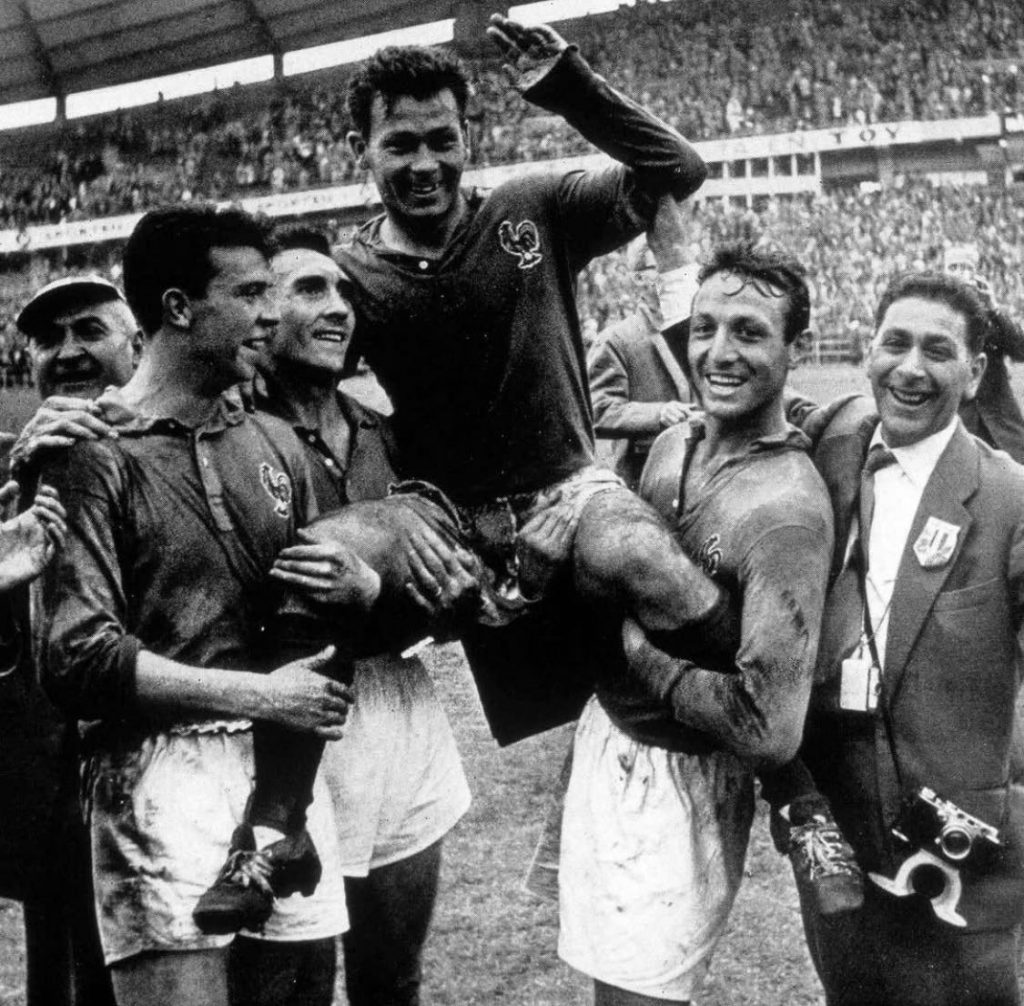
Another globally renowned player in the mid 20th century was Eusébio, born and raised in Mozambique to a Mozambican mother and Angolan father before going on to dominate European club soccer with Benfica and take a Portuguese team full of African-born players to a third-place finish at the 1966 World Cup.
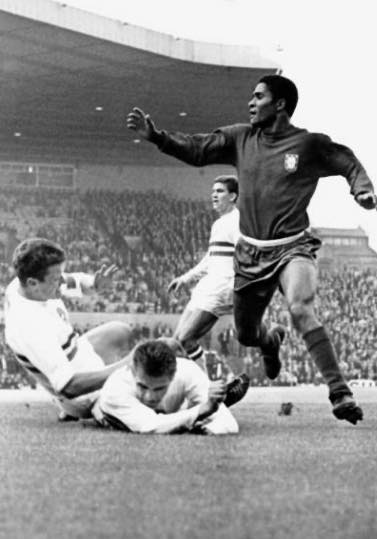
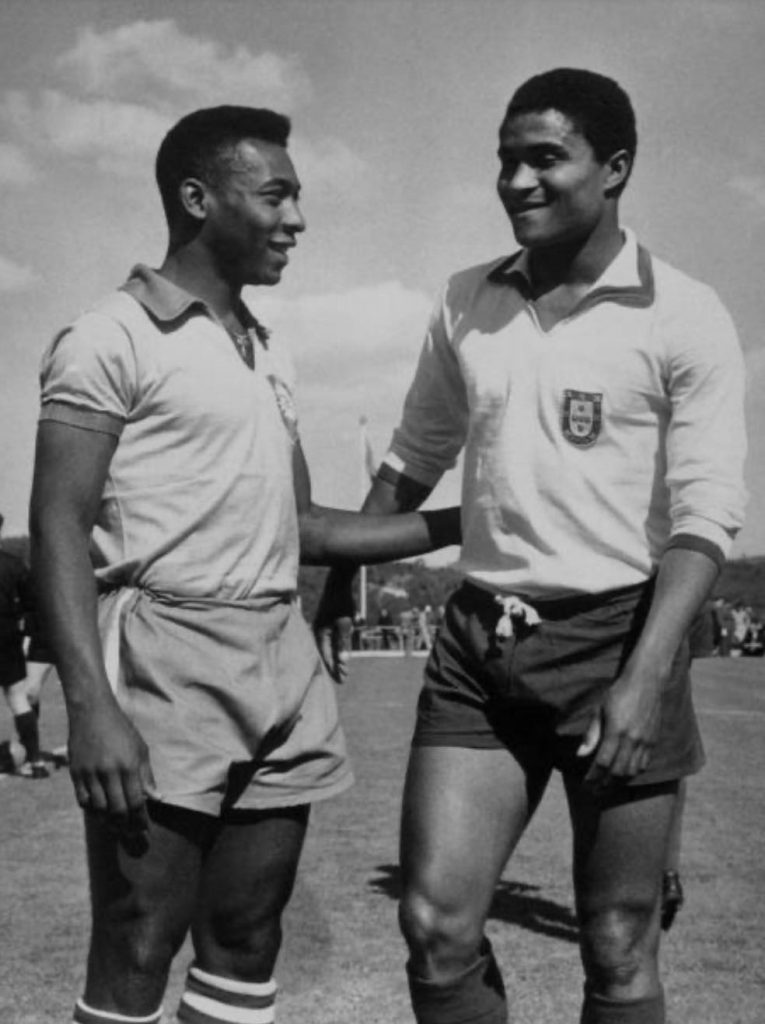
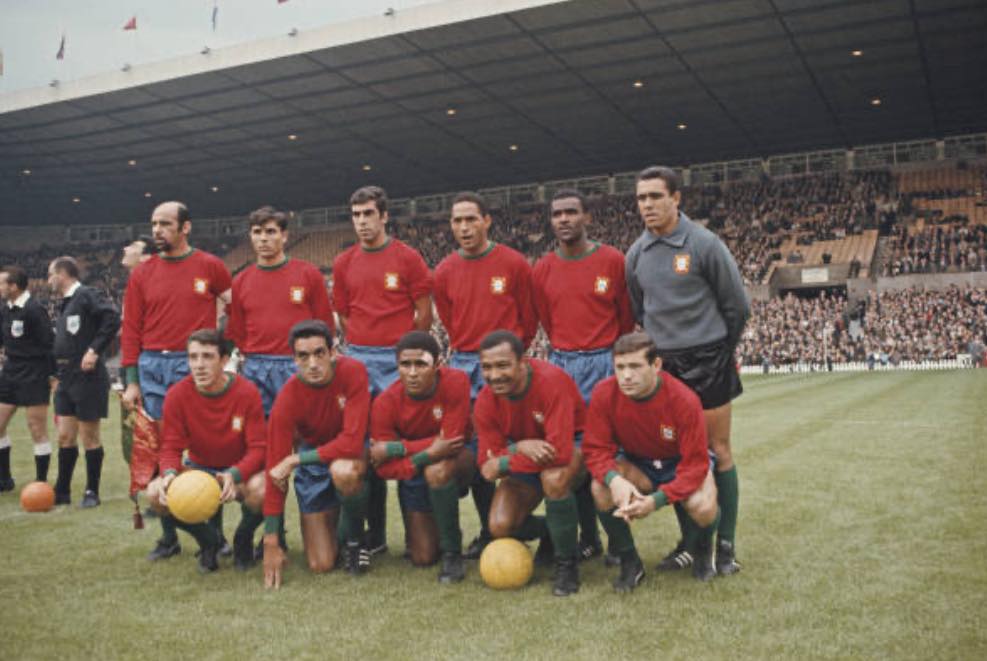
Contemporarily, the likes of Jean Tigana, born in Bamako, Mali who was part of the France national football team that won UEFA Euro 1984 on home soil immigrated to France from Africa with his parents too, in fact the colonial name of Mali in his days was ‘French Sudan’.
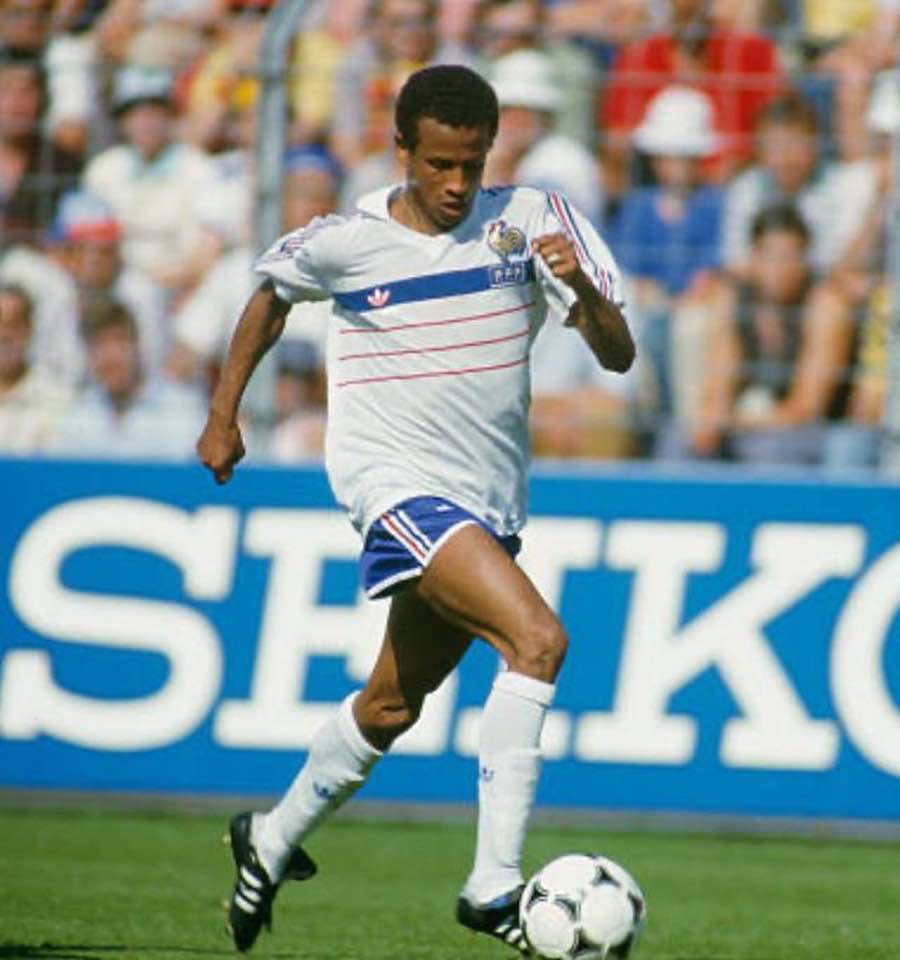
Claude Makalélé, born and raised in Congo DR (Zaire), who is regarded as one of the best defensive midfielder ever, together with Senegal-born Patrick Paul Vieira were also key members of the French team that lost to Italy in the final of the 2006 FIFA World Cup. The two are also examples of players who immigrated directly from Africa to be fed into the European football systems.
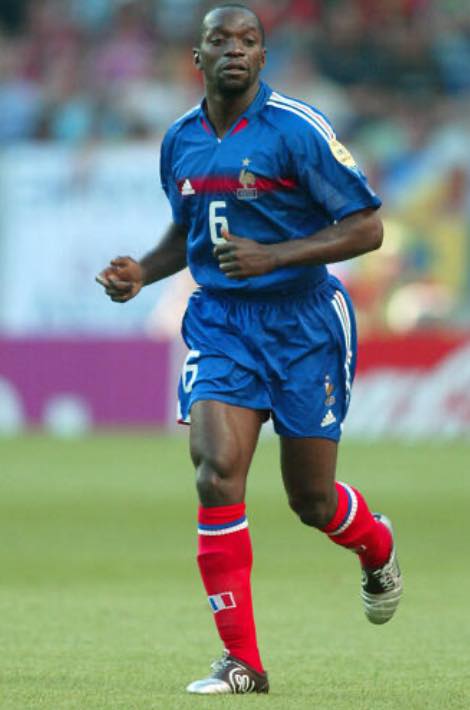
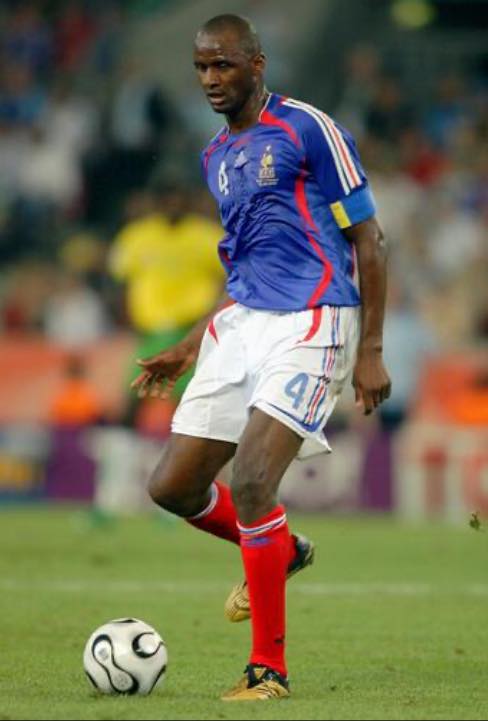
The turning point in international football history was around this time, specifically in January 2004 when FIFA’s eligibility rule for switch of international allegiance kicked off, this gave opportunities for Africans born in the diaspora to have alternative choices of playing for countries on any side of their roots and they have surged up so much in numbers geometrically in the continent’s international football space since then.
For instance only two Africans born in diaspora, Ali Ferghani and Nourredine Kourichi played in AFCON 1980.
Then four in Baffoe of Ghana, Agboola of Nigeria and the two from Algerians Sandjak and Bouafia that played in AFCON 1992 in Senegal.
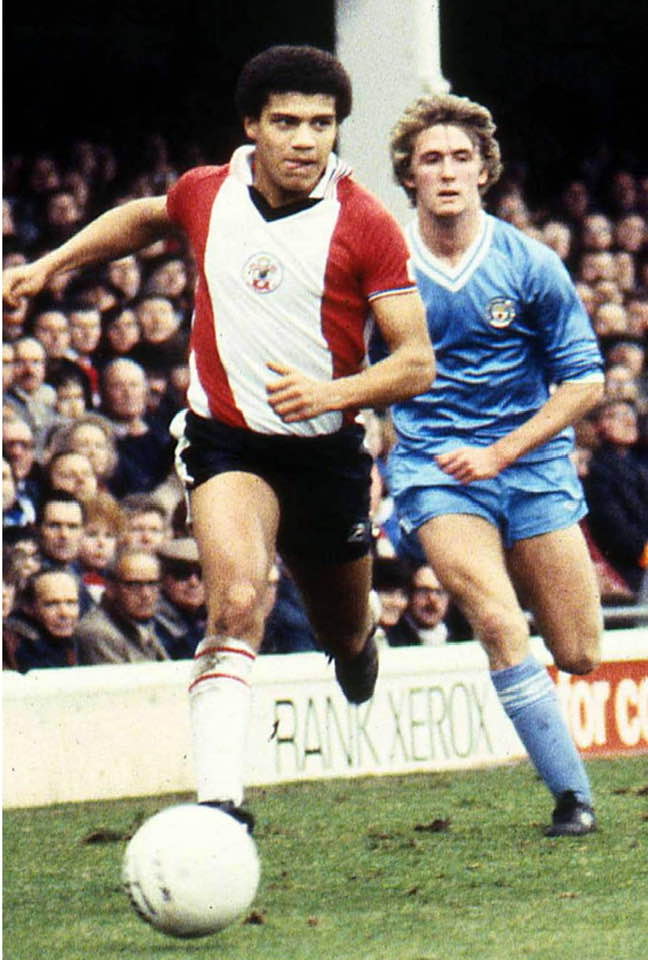
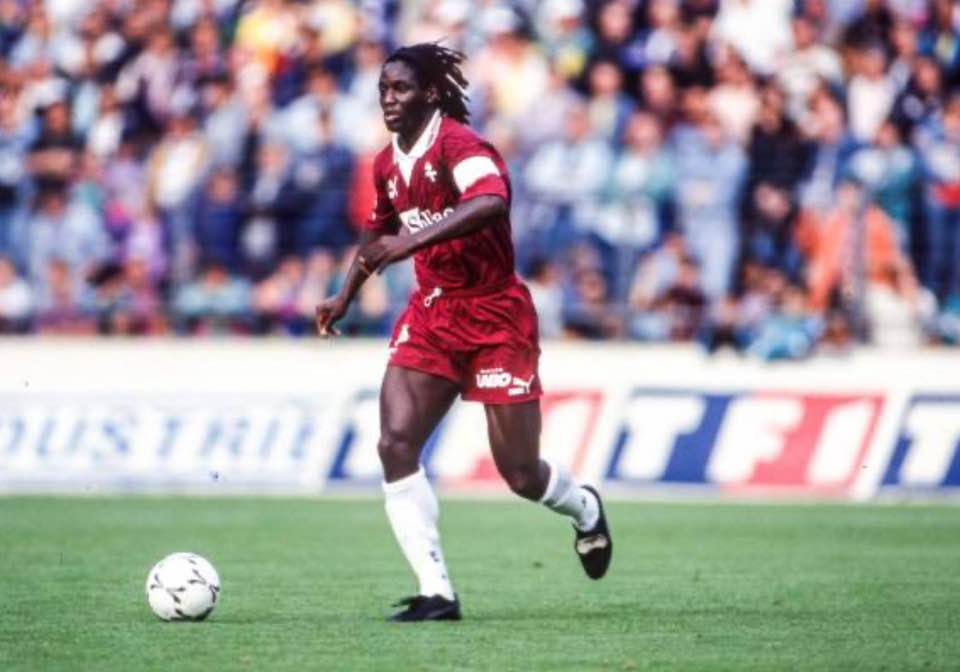
By AFCON 2021 in Cameroon there was an astonishing 205 Africans born outside of the continent from across 12 European countries that sweated it out on the pitch for the countries of their ancestors.
The influences of these diaspora Africans in African football have been instant, since this 2004 FIFA’s international allegiance rule change.
Frédéric Kanouté of Malian descent, born in Sainte-Foy-lès-Lyon, a commune in the Metropolis of Lyon in Auvergne-Rhône-Alpes region in eastern France, made history by becoming the first African footballer born in Europe to win the prestigious African Footballer of the Year award in 2007. Since then the duo of Pierre-Emerick Aubameyang of Gabonese descent and Riyad Mahrez of Algerian descent both also born in France have followed his footsteps.
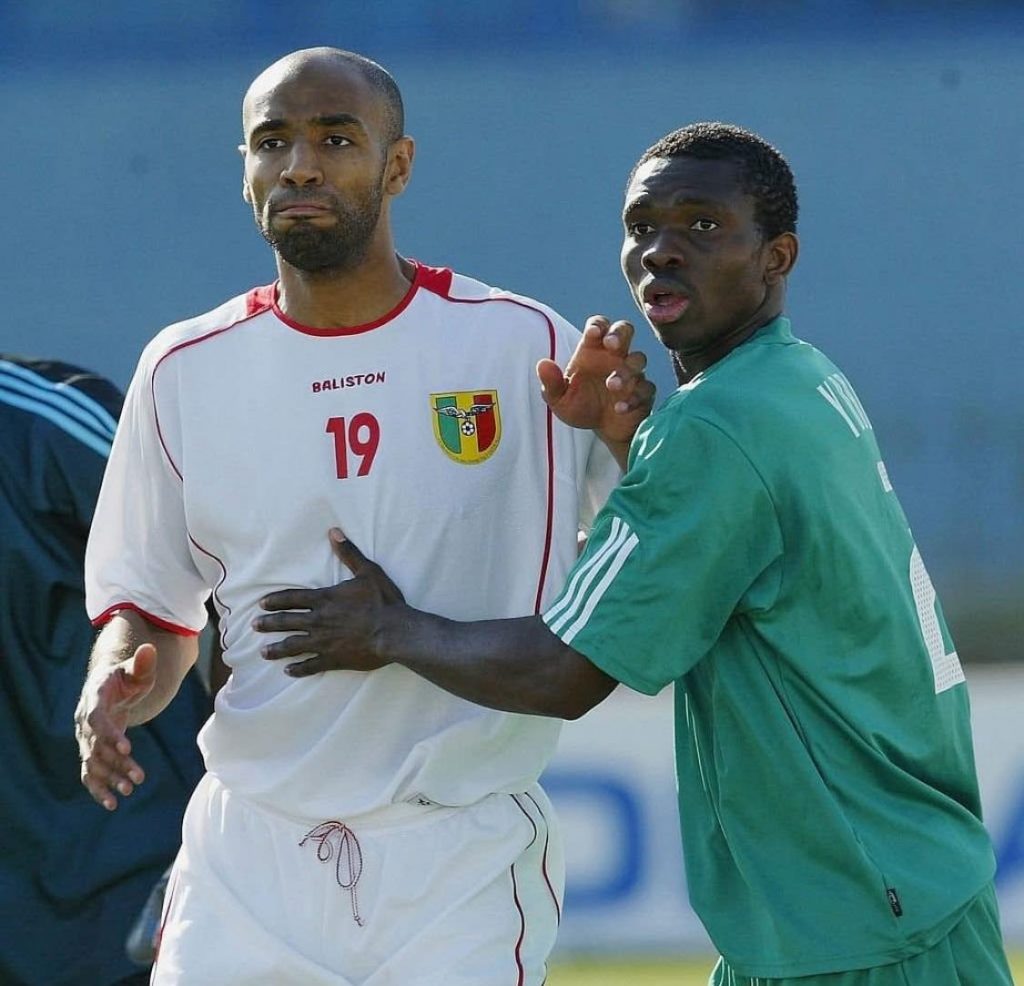
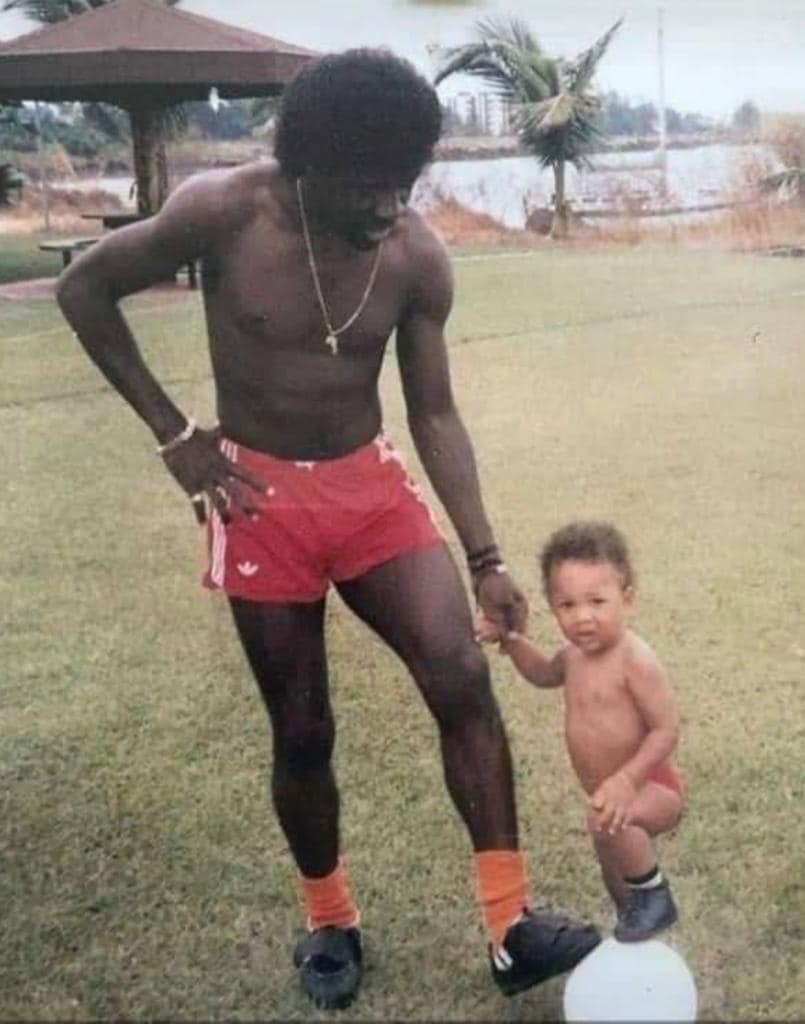

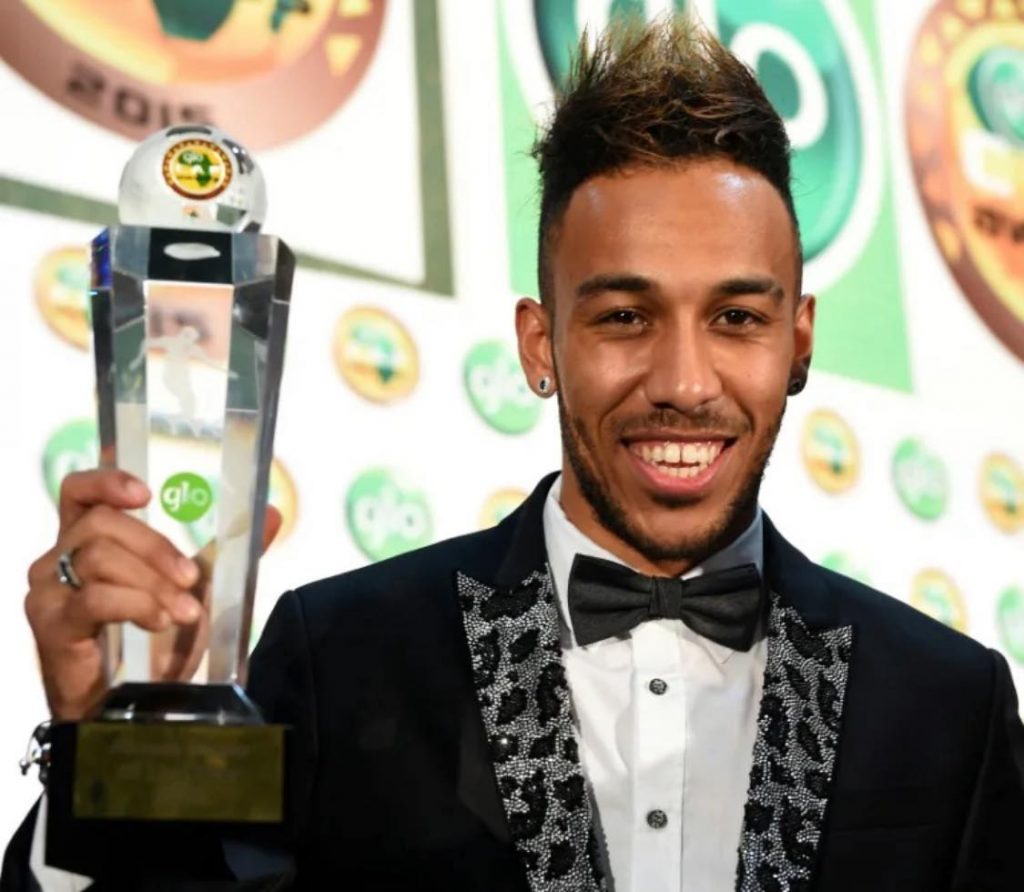
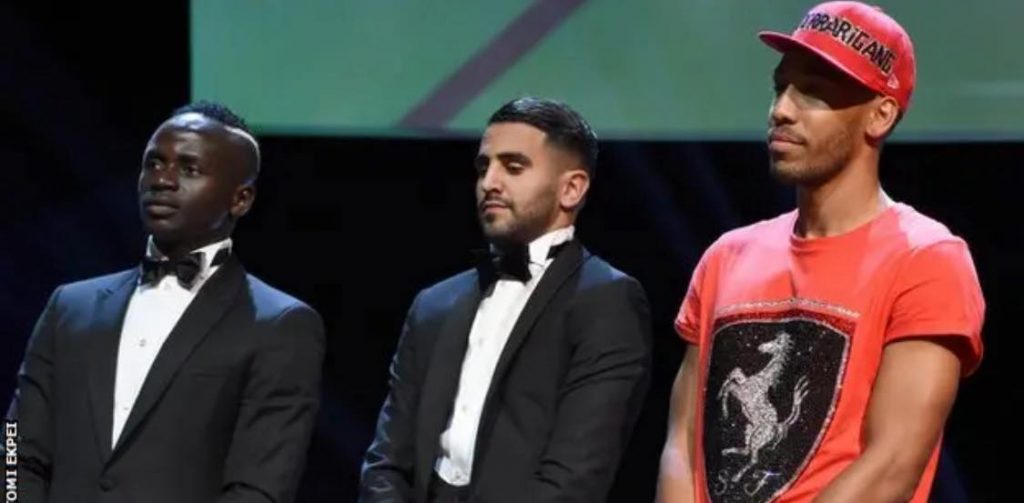

Ademola Lookman born in London, The United Kingdom to Nigerian parents became the 4th player in this category of footballers to win the highly coveted award.
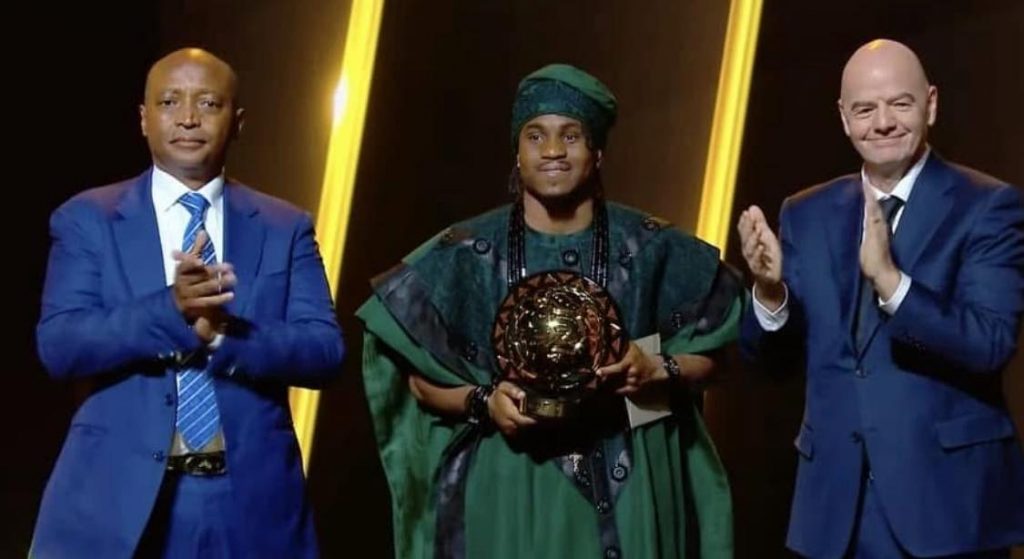
Some African nations like Morocco and Algeria were quick to embrace players born outside of their borders. For instance, 16 out of the 23-man squad of the Atlas Lions of Morocco that got to the semifinals of the 2022 FIFA World Cup in Qatar were born outside Africa. Others like Tanzania, prior to 2024, had never taken a European-born player to AFCON.
Almost all African sides now scout for potential talented players born abroad.
Samuel Eto’o, considered by many to be the greatest African player of all time and current president of the Cameroon soccer federation, spent months ahead of the World Cup in 2022 traveling around Europe courting players with Cameroonian roots, notably Brentford star Bryan Mbeumo.
The reversal of football migration of Africans to Europe that kicked off in the 19th century is now almost total in the 21st century to the benefit of the continent’s international football. As the 2025 Africa Cup of Nations opens with Morocco v Comoros fixture on 21st of December, don’t expect a “Comoros Island minnow’s football game” because the smaller African football countries are the greatest beneficiaries of this 21st century’s football migration reversal.
References:
- African Voices on CNN. Editorial page by Alasdair Howorth. January 12, 2024
- “CAF Awards 2024: Time & where to watch Lookman crowned Africa’s best” by Godfred Budu, for AFRIK-FOOT NG, Published on 14 Dec 2024
- Hans Groth; Alfonso Sousa-Poza, 26 March, 2012. Royal Institute for international affairs. 1979. p. 89.
- European-based African diaspora will be on show at Afcon – By Mark Gleeson 27 Dec 2021
Please note that we don’t have copyright ownership of the photos.


